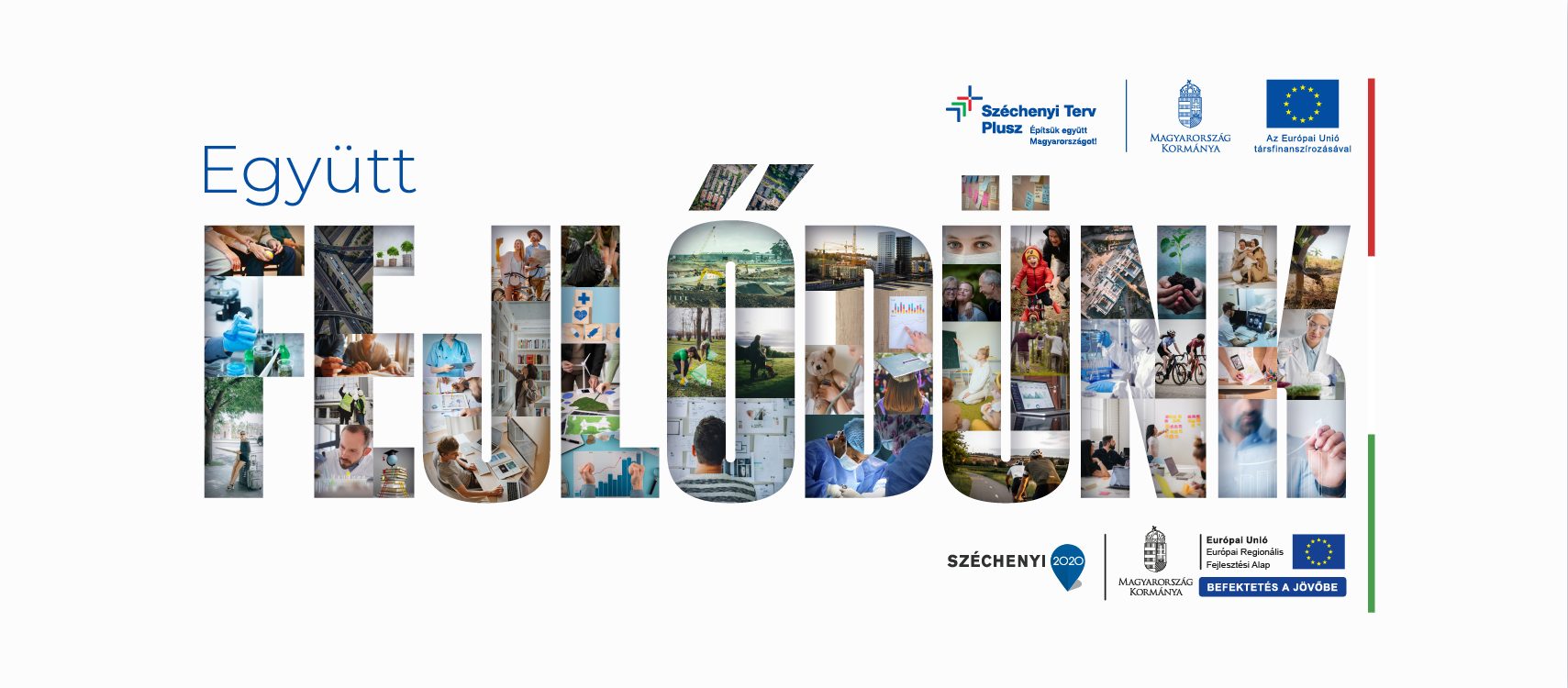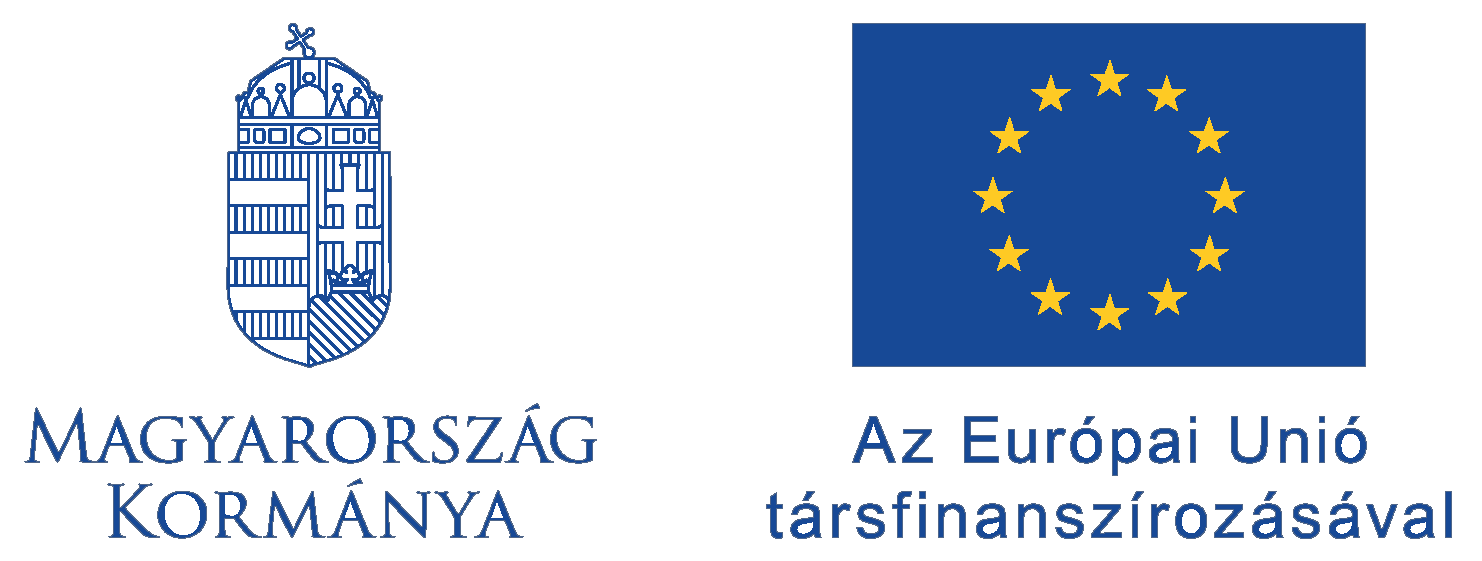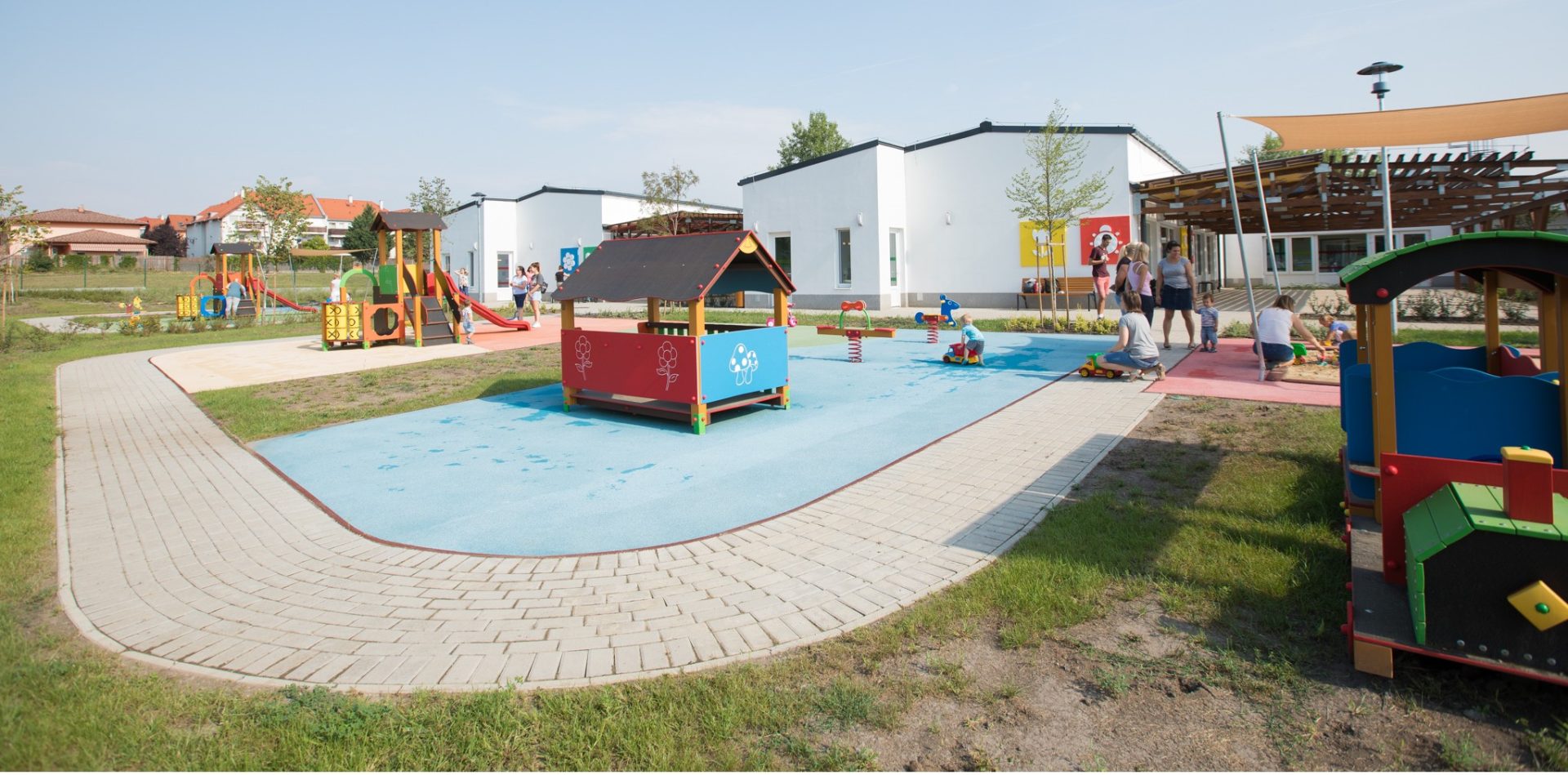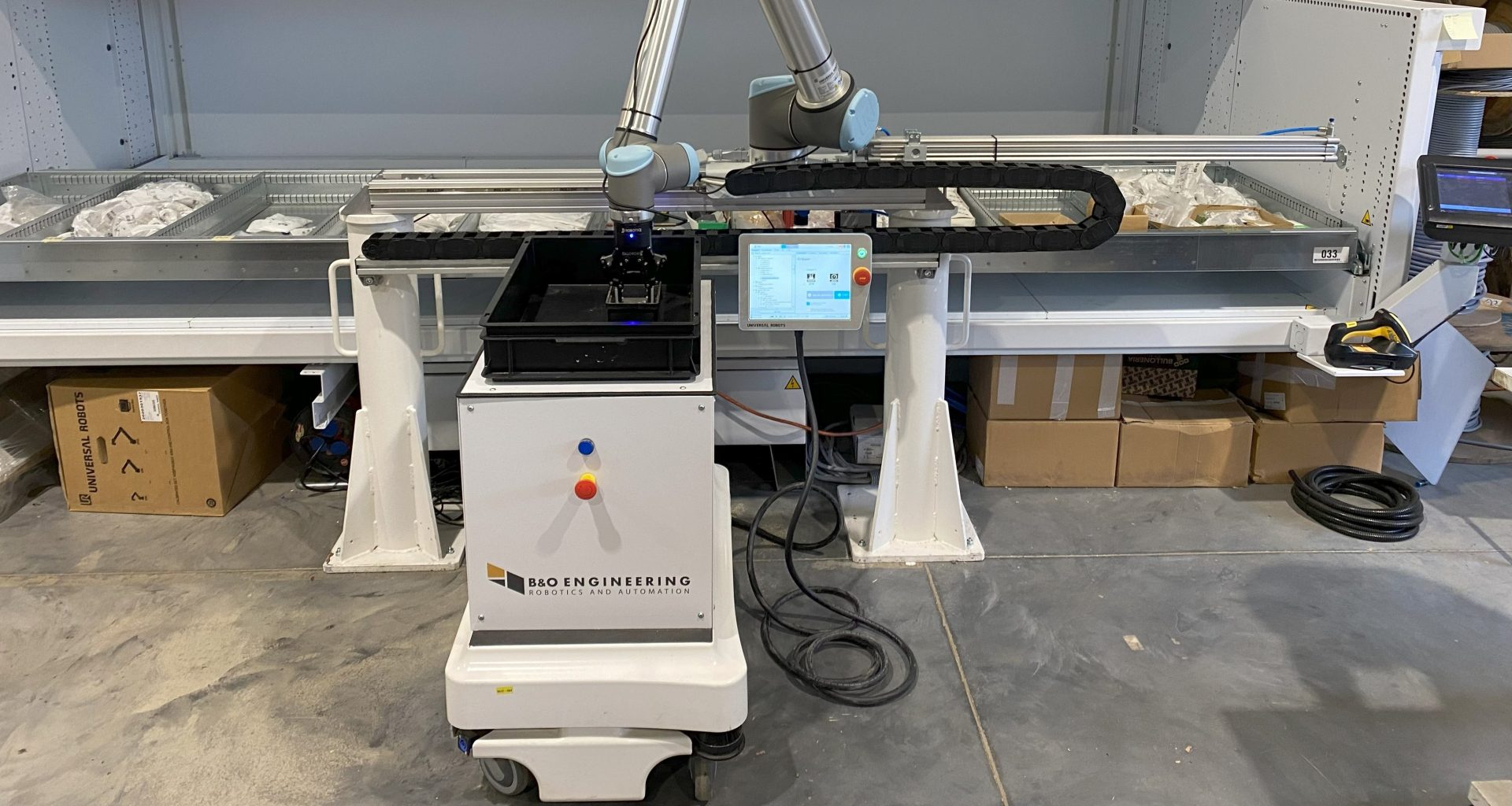The long-term goal of the project titled “Comprehensive Public Health Screenings” was to increase the effectiveness of public health programs while reducing the risk of preventable deaths through screening and changing the unfavorable trend. A direct objective was the training of physicians and healthcare professionals working in primary and specialized care, enhancing public health awareness, including participation in screening tests, and reviewing and modernizing the screening system.
Screening is a method for early detection of diseases, allowing intervention in the process of disease development before symptoms appear, primarily targeting the apparently healthy population to prevent complications and improve the quality of life of those affected.
A major part of the National Public Health and Pharmaceutical Center’s project was system development. Within this, sub-projects for colorectal screening, cervical and HPV (human papillomavirus) screening, as well as mammography, opportunistic (occasional), and general screening were implemented. For colorectal screening, over 3.5 million invitations were sent out. Sampling could be done at home, and after postal submission, the result was uploaded to the EESZT (Electronic Health Services of Hungary) within a week. Regulations were also developed to ensure that colorectal screening is provided as continuous public health screening.
To reduce the disease burden caused by human papillomavirus (HPV), HPV vaccination was extended to seventh-grade boys for three school years, affecting approximately 60,000 students. This was significant as previously the vaccination was only available free of charge to girls. Additionally, special examination chairs were provided for screening women with mental and physical disabilities.
Furthermore, nearly 6000 healthcare professionals successfully completed free training courses as part of the project. Accredited e-learning and on-site training courses were organized for general practitioners’ practices, midwives, mammography, cytology, and gastrointestinal endoscopic assistants, as well as pharmacists and pharmacy assistants to ensure up-to-date knowledge transfer.
During the program, an IT system supporting public health screenings was established. Sensitizing the population through health communication messages played a key role in promoting screening.
Participation in screening can save lives and improve quality of life through early detection, diagnosis, and intervention.
The development was implemented from EU funding in the project EFOP-1.8.1-15-2016-00001 under the Human Resource Development Operational Program.
Find out more about the project in the Project Finder:Details








